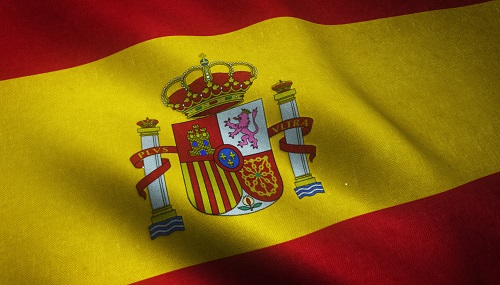Moving to Spain is not just a change of address. It is a change of life. There are several legal and administrative steps you need to take to truly establish yourself and access public resources.
Below we explain what an EU citizen needs to live in Spain on a long-term basis.









